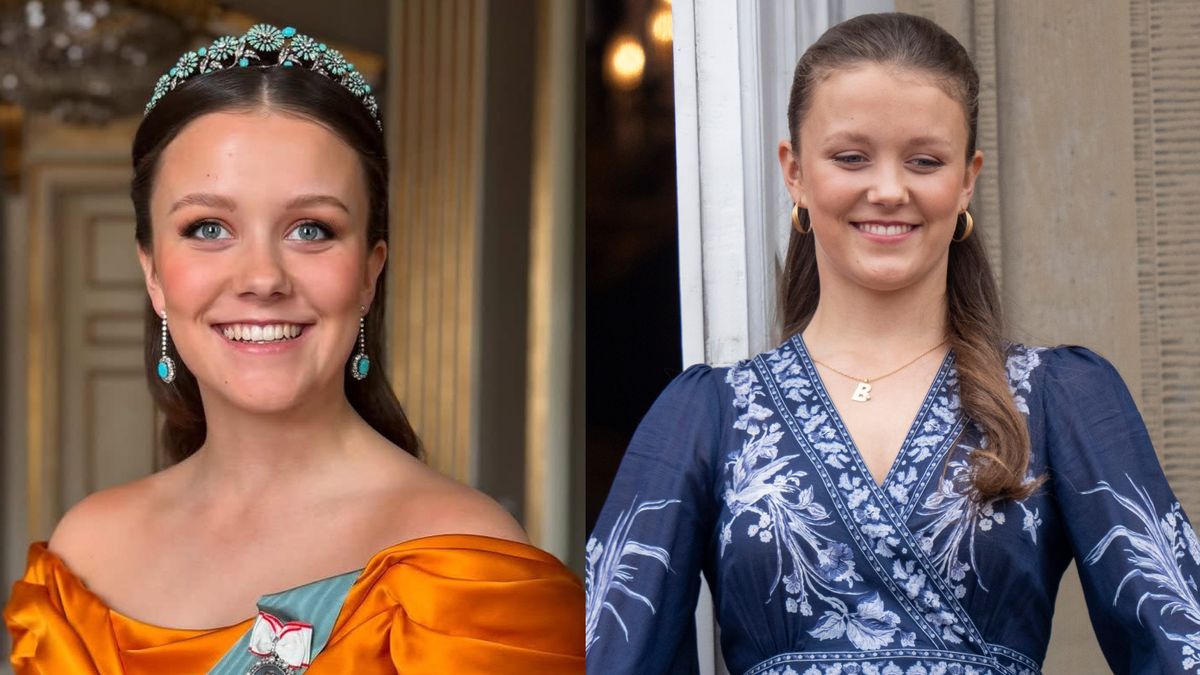Danish Royal Family Celebrates Princess Isabella's Coming of Age with Historic Tiara

The Danish Royal Family has recently celebrated a significant milestone, as Princess Isabella, the second child of King Frederik and Queen Mary, turned 18. To mark this occasion, the royal family released a series of official portraits showcasing the young princess in her first tiara, a turquoise daisy bandeau gifted by her grandmother, the former Queen Margrethe II. The images, taken in the grandeur of Frederik VIII's Palace at Amalienborg, highlight a moment of tradition and transition for the princess, who is now second in line to the throne.
In a delightful twist, a behind-the-scenes photo captured by Queen Mary reveals a more personal side of Princess Isabella. The candid snapshot shows the princess, dressed in full royal regalia, clutching her cell phone with a surprised smile. This moment, shared on the royal family's social media, underscores the blend of royal tradition and the relatable aspects of modern youth, resonating with fans worldwide.
The official portraits not only celebrate Princess Isabella's coming of age but also her entry into the Order of the Elephant, Denmark's oldest and most prestigious order of chivalry. The honor, which includes wearing a sash and a miniature portrait of her father, King Frederik X, is a testament to her growing role within the royal family and the nation.
The release of these images has sparked admiration and warmth from the public, with many praising the balance between the solemnity of royal duties and the genuine joy of a young woman celebrating her birthday. Princess Isabella's 18th birthday marks a new chapter in her life, one that bridges the rich heritage of the Danish monarchy with the dynamic spirit of a new generation.




